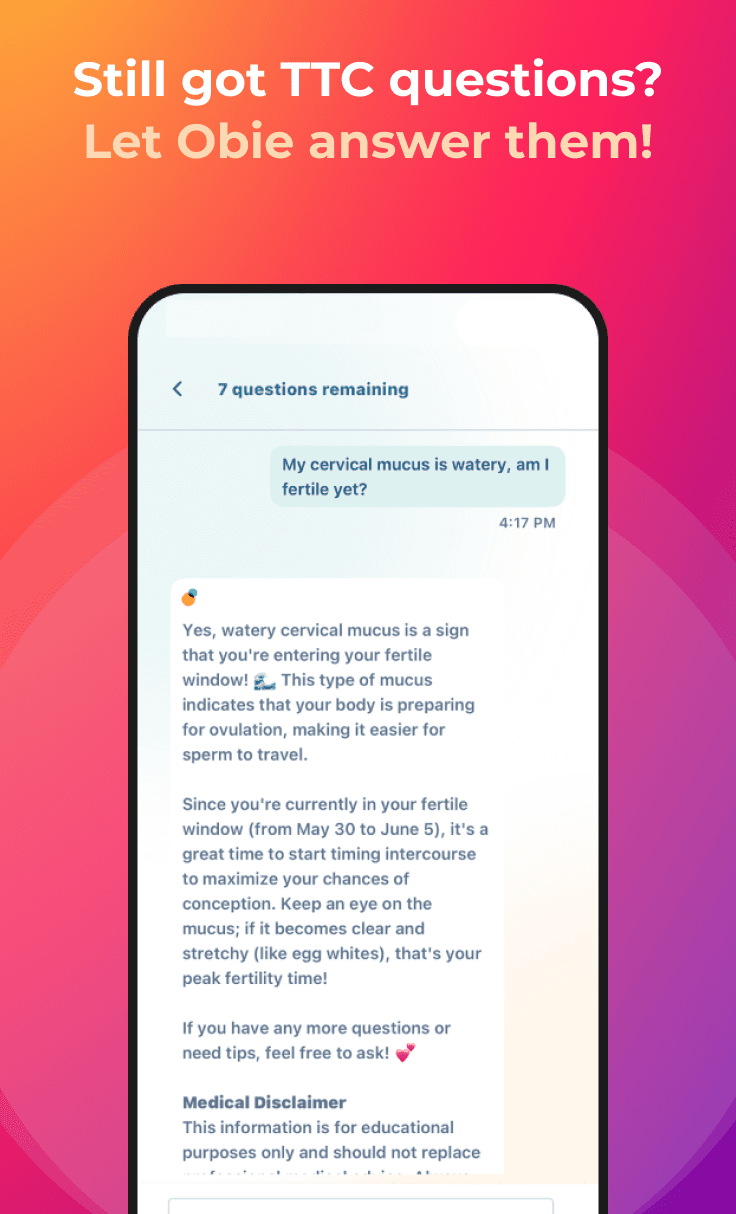What Is A Luteal Phase Corpus Luteum Defect (LPD)
Getting Pregnant
Obie Editorial Team
The corpus luteum (yellow body in latin) is the small structure in the ovary from which the egg emerges during ovulation. After ovulation, it normally produces progesterone to support implantation of the fertilized egg and maintain pregnancy until about the 10th or 11th week. Without pregnancy, the corpus luteum phase lasts from the time of ovulation until the time of the next menstrual period. A normal CL phase lasts 12-16 days. When the luteal phase is shorter than normal, implantation of a fertilized egg can be negatively affected, making it more difficult for the conceptus to implant and to be lost.








